From China’s perspective, “the risk for US tech companies is higher at the smartphone or electric vehicle level,” where they compete with mainland companies, while on the other hand, “Chinese companies really want components” from the US, said David Wong, head of APAC technology research at Nomura. “But the risk of the US expanding export restrictions is probably higher than China imposing import restrictions.”
In May, Beijing announced that US chipmaker Micron Technology had failed a security review, effectively banning critical infrastructure operators from purchasing from the company.
Sanjay Mehrotra, CEO of Micron, said the impact of the ban on the company is still unclear, but several key customers and government representatives in China have reached out to them about using Micron products in the future.
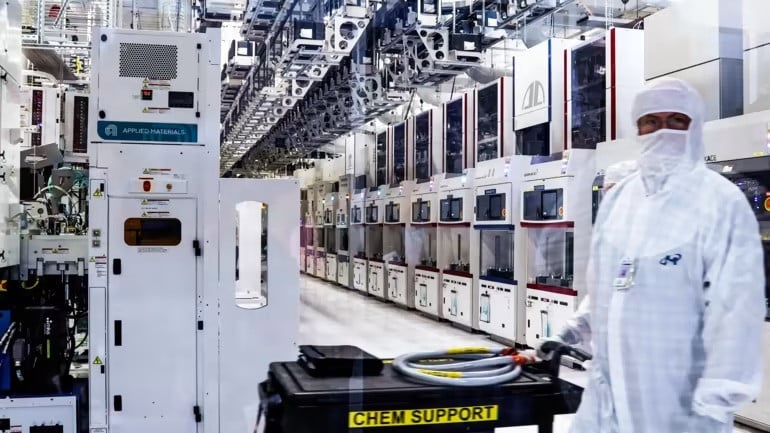
Micron’s revenue from China is estimated to account for at least a double-digit percentage of its total global revenue. “This difficulty has significantly impacted our outlook and slowed our recovery,” Sanjay said.
No complete withdrawal
To mitigate geopolitical risks, some US tech companies have begun reorganizing their operations in China in an effort to prevent any potential damage from sanctions.
In late May, Hewlett Packard Enterprise (HPE) announced plans to sell its stake in Chinese technology company H3C for $3.5 billion. H3C is currently HP’s hardware distributor in China, but the US company said it may continue to divest the remaining 49% of its shares in the near future.
"This is the best thing for our customers, our employees and our shareholders because clearly, doing business in China is becoming more and more complex," said HP CEO Antonio Neri.
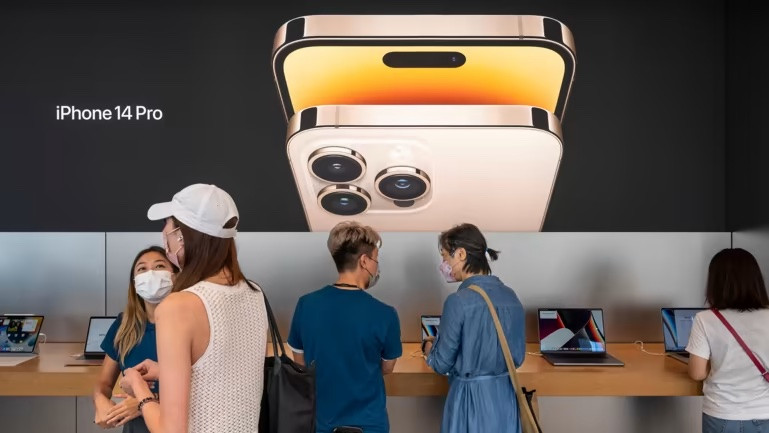
In early June, leading US venture capital firm Sequoia Capital announced that it had decided to spin off its China division. “To deliver on our mission, we have decided to adopt a holistic, local-first approach,” according to which the three funds in Europe, China, India and Southeast Asia will be separated and operate independently from March 2023.
Sequoia is known for being an early investor in global tech giants such as Apple, Cisco, Oracle, Nvidia and Google. The venture capital firm entered the mainland market in 2005 and has also had success with deals in Alibaba, ByteDane (TikTok’s parent company) and e-commerce giant JD.com.
In May, LinkedIn, a Microsoft-owned social media platform focused on business networking, announced it would shut down its job applications in China and cut more than 700 positions.
Meanwhile, Amazon.com also announced that it will close its official app store in China in July. Airbnb, another American technology company, has stopped operating in the world's second largest economy since last year.
No light at the end of the tunnel yet
The protracted and increasingly tense US-China confrontation is starting to take a toll on key industries on the other side of the globe.
“A significant portion of our business is concentrated in China, and the risks of that concentration are exacerbated by trade tensions between the two countries,” Qualcomm said in its annual report.
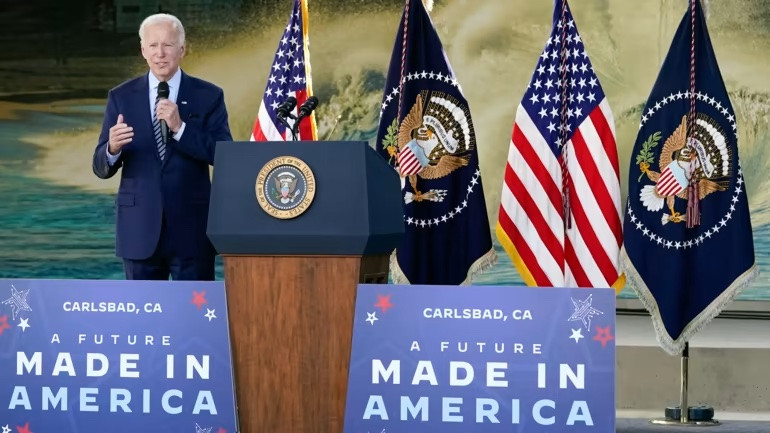
Meanwhile, Apple said that “US-China tensions have resulted in a series of tariffs imposed by Washington on imports from mainland China, as well as other business restrictions. This has increased the overall cost of products. These increased costs could negatively impact the company's profits.”
Akira Minamikawa, senior consulting director at UK research firm Omdia, said that "the manufacturing base for electronics such as smartphones and personal computers is highly concentrated in China, and therefore the US semiconductor industry's dependence on China remains high." However, he added, "the US technology industry's dependence on China will gradually decrease."
Faced with a bleak outlook for bilateral relations, IBM CEO Arwind Krishna and Microsoft CEO Satya Nadella remain optimistic that a common voice will soon be found on geopolitical issues, but analysts say this scenario is unlikely to happen in the short term. The US will only stop applying pressure when it realizes that China's technological strength has weakened.
(According to Nikkei Asia)
Source



![[Photo] Thousands of Buddhists wait to worship Buddha's relics in Binh Chanh district](https://vphoto.vietnam.vn/thumb/1200x675/vietnam/resource/IMAGE/2025/5/3/e25a3fc76a6b41a5ac5ddb93627f4a7a)











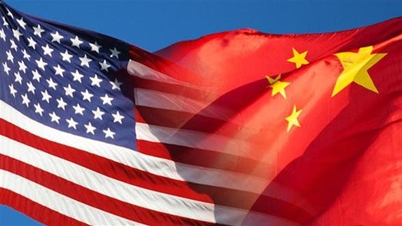

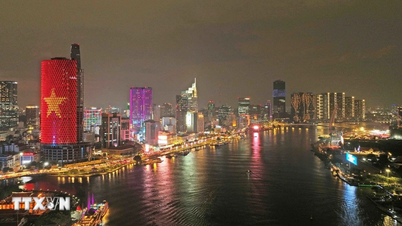

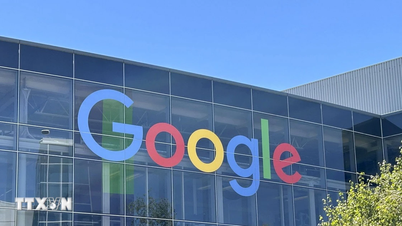
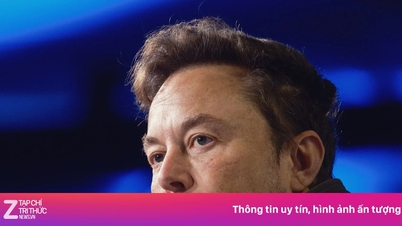







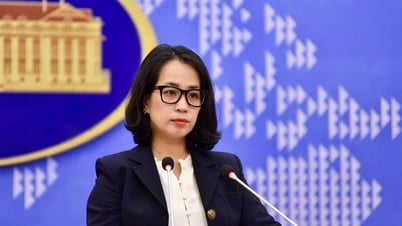



































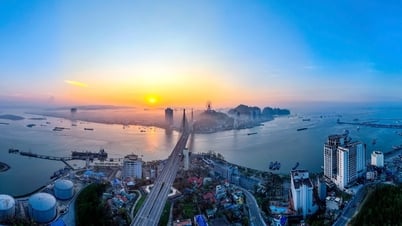

































Comment (0)